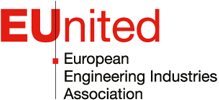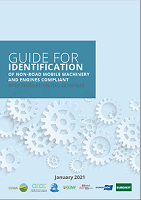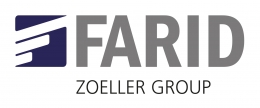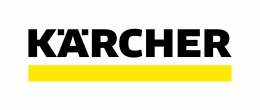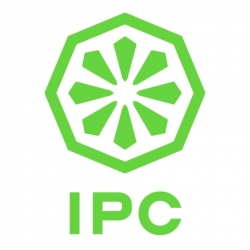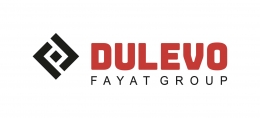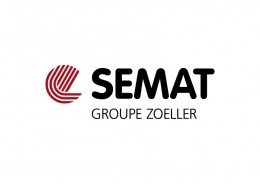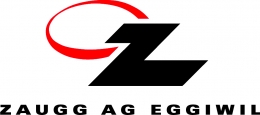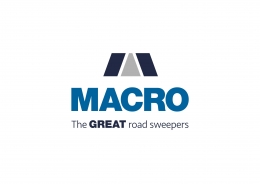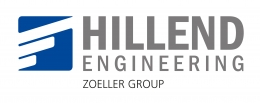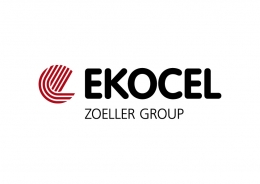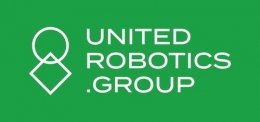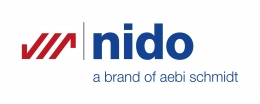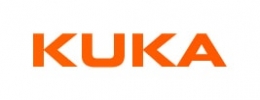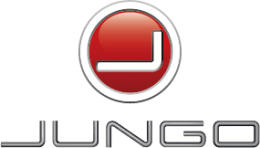
July 2017
Robotics and automation good for productivity, competitiveness, and jobs
A position paper by the International Federation of Robotics (IFR) reveals the impact of automation - specifically of robots - on productivity, employment and jobs. IFR's main conclusions are based on a variety of expert studies and analyses as well as its own research and findings over the years.
Here are some of the key findings:
- Robots increase productivity and competitiveness.
- Automation has created jobs and increased wages.
- Robots complement and augment labour: The future will be robots and humans working together.
- Governments and companies must focus on providing the right skills to current and future workers to continue positive impact of robots on employment, job quality and wages.
It is a fact that robots increase productivity and competitiveness, which can lead to increased demand and creating more job opportunities. Concerning employment, robots complement and augment labor - meaning they substitute or change labor activity but do not replace jobs. Only less than 10% of jobs are fully automatable. Those are ususally the highly repetitive and dangerous jobs. Automation provides the opportunity for humans to focus on higher-skilled, higher-quality and higher-paid tasks. In the future, robots and humans will be working together more and more.
The IFR concludes that the greatest threat to employment currently is not automation but an inability to remain competitive. Governments and companies must focus on providing the right skills to current and future workers to continue positive impact of robots on employment, job quality and wages. Companies must engage actively in appropriate retraining programs for employees to equip them with appropriate skills. Government priorities should focus on programs to invest in robotics research and development as well as the policy incentives and education systems to support the acquisition of skills. These goals are not easily achieved and require coordinated public-private sector collaboration.
Industrious Brussels EU District, Avenue des Arts 6-9, 1210 Brussels, Belgium, +32 490 57 57 65
Transparency Register number: 0289344948-82
